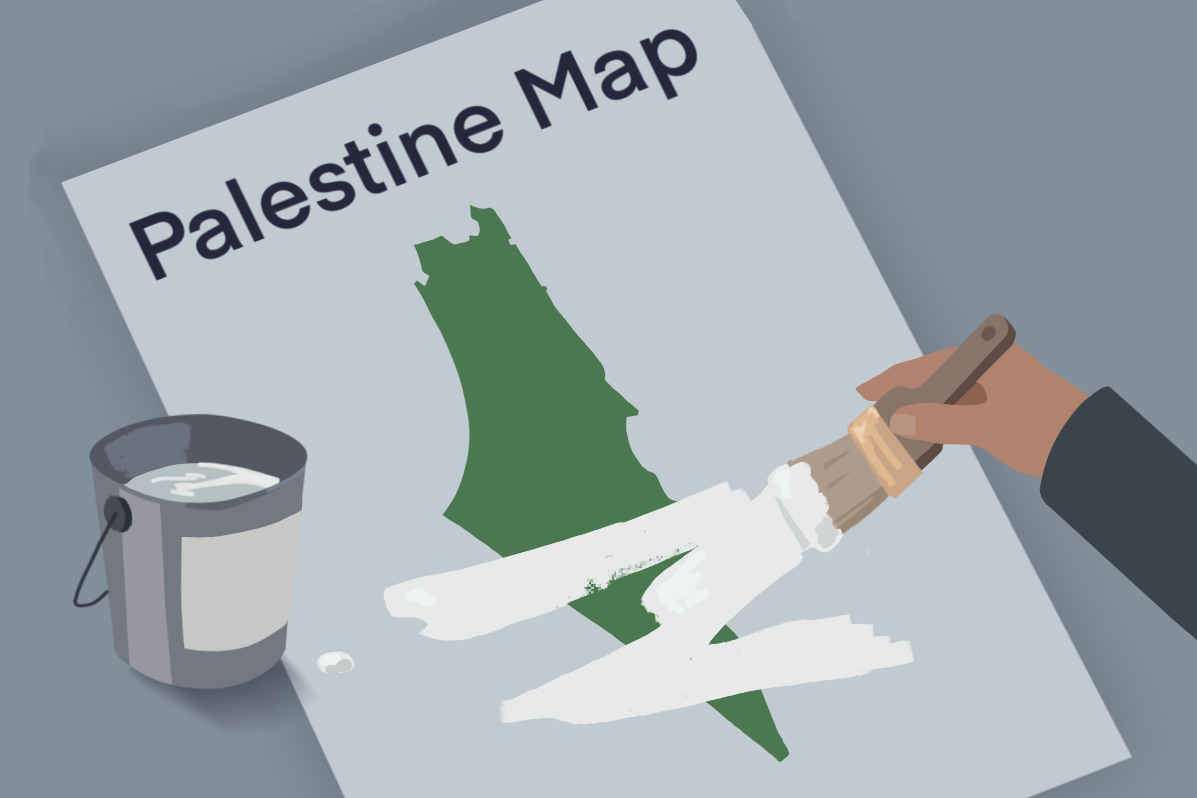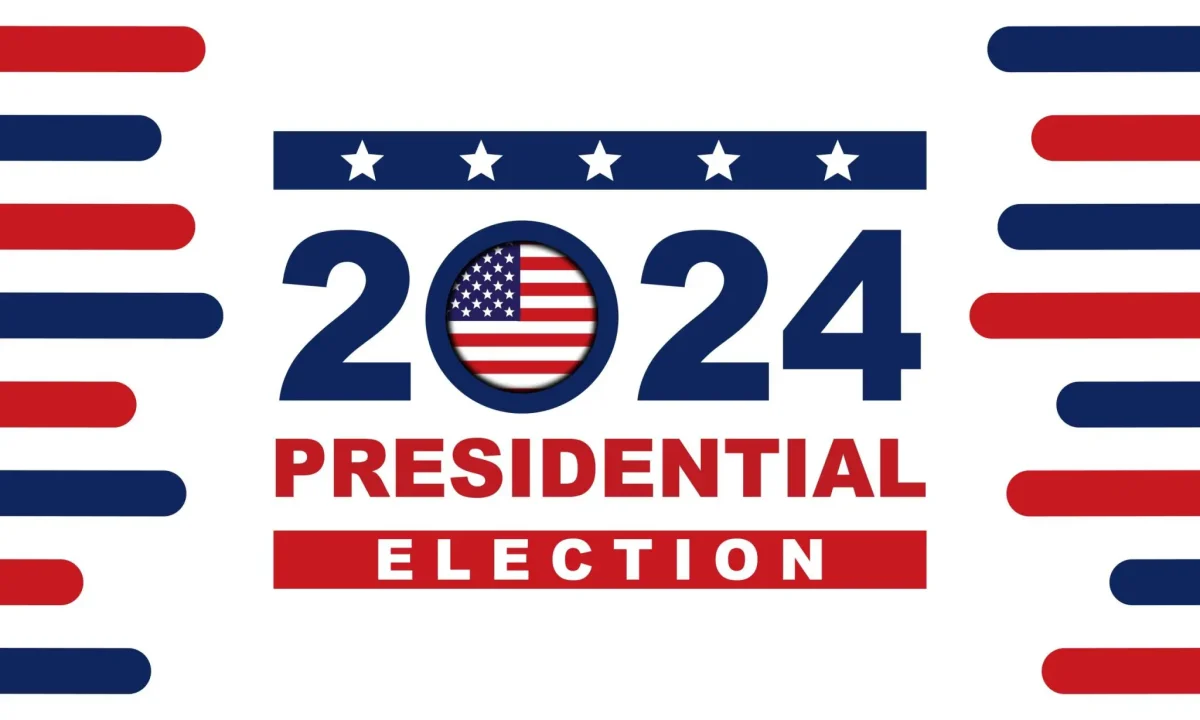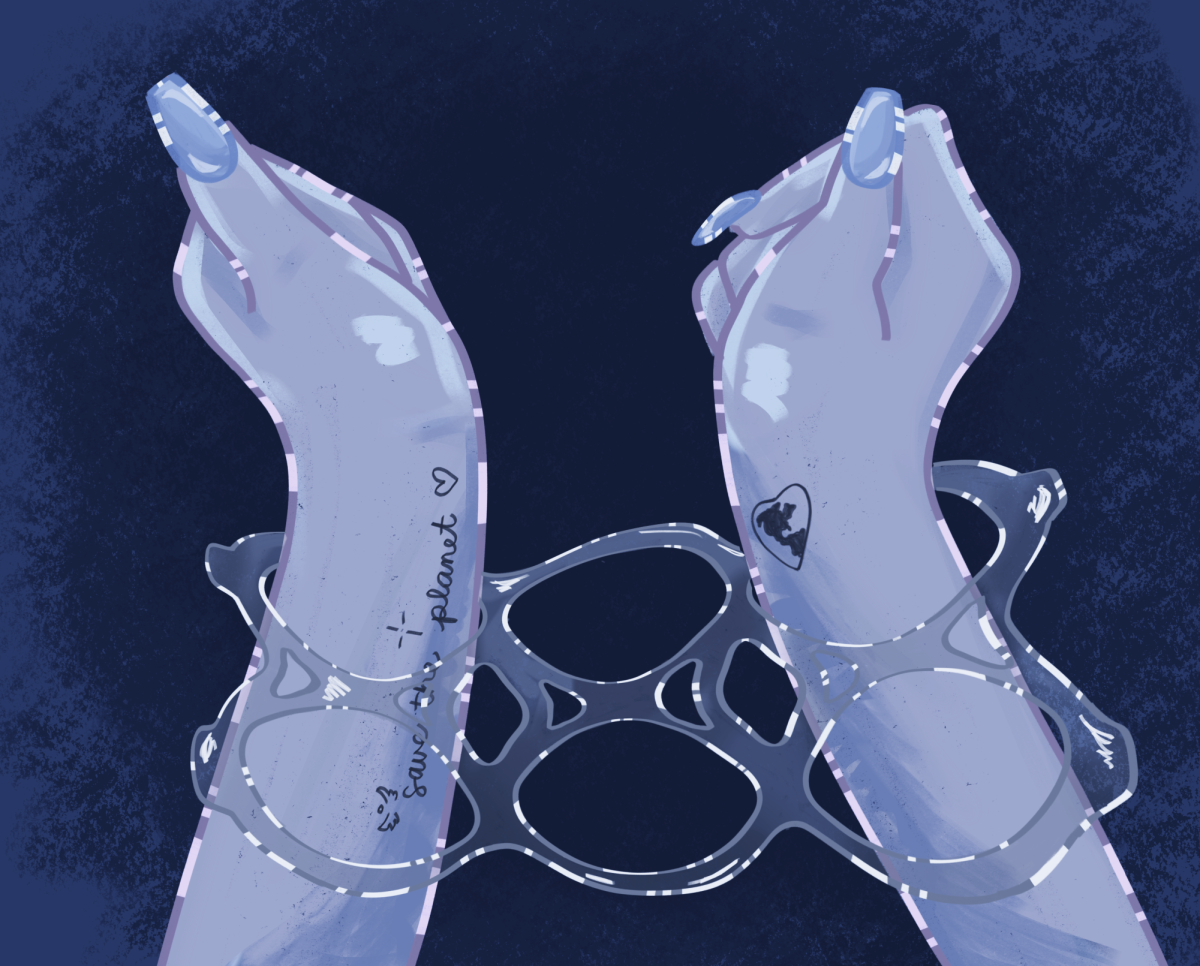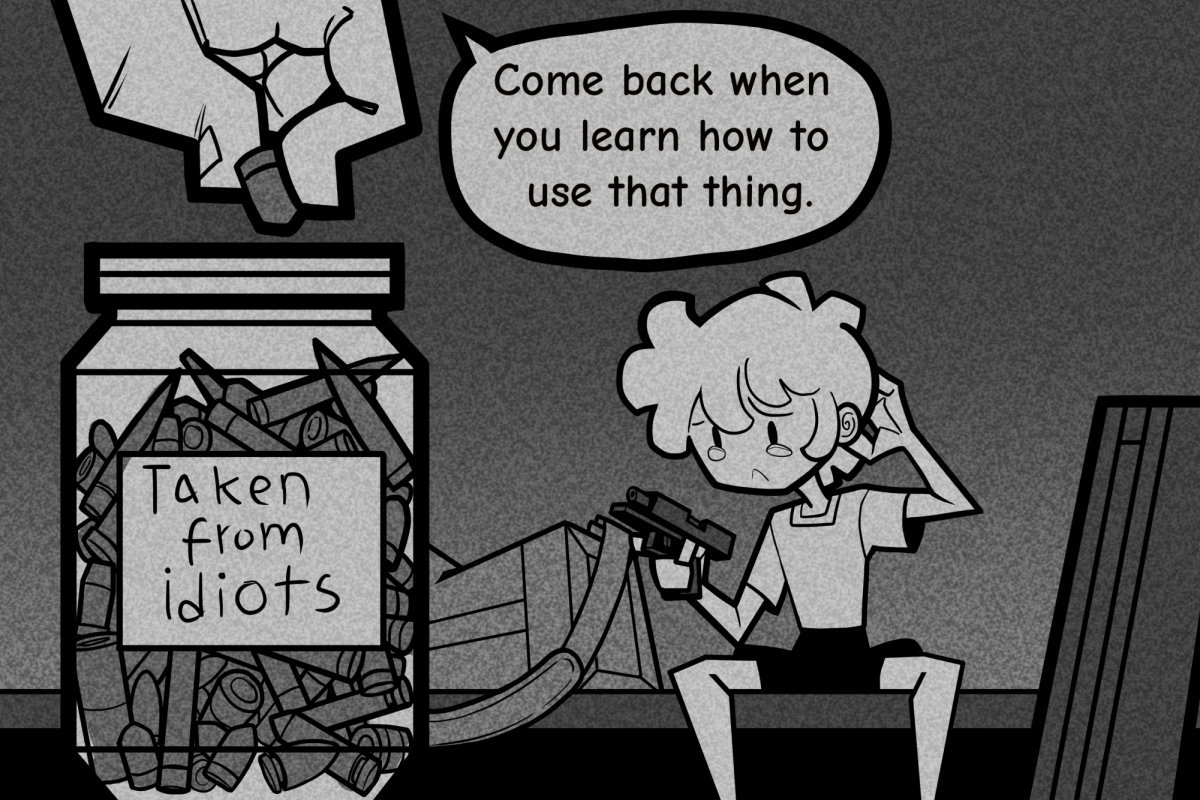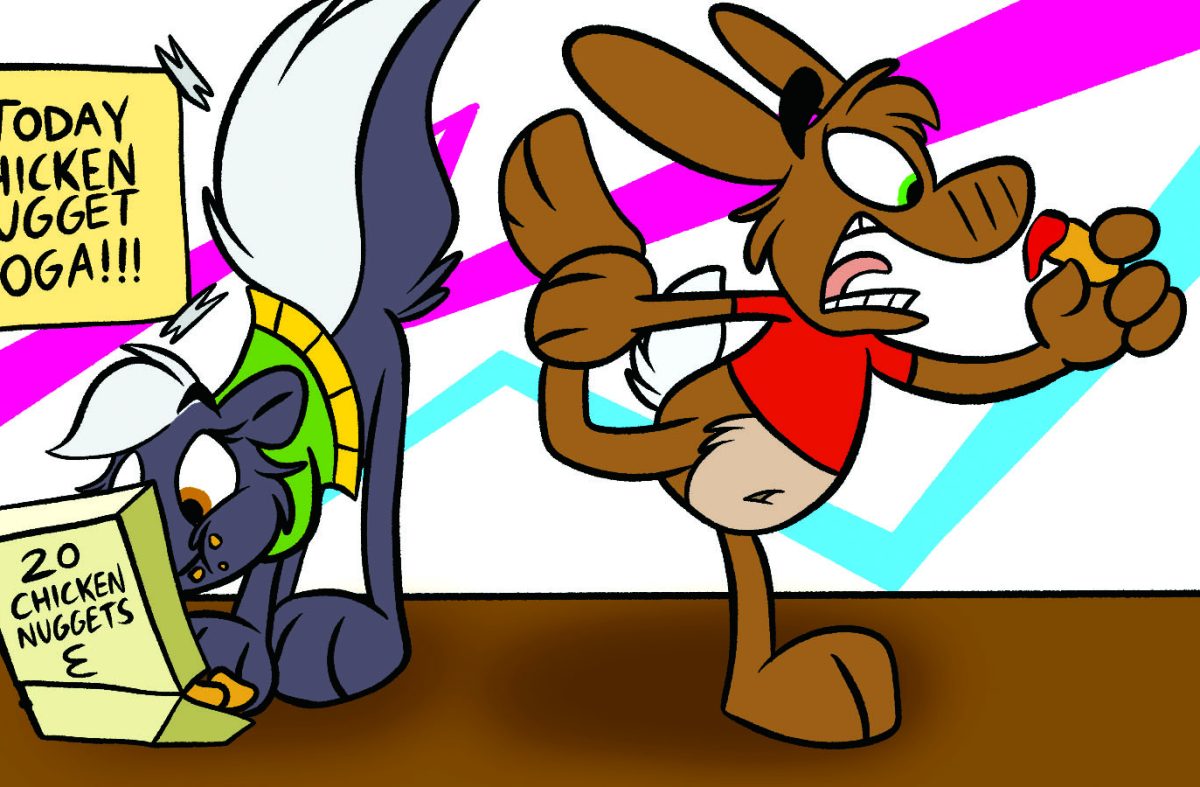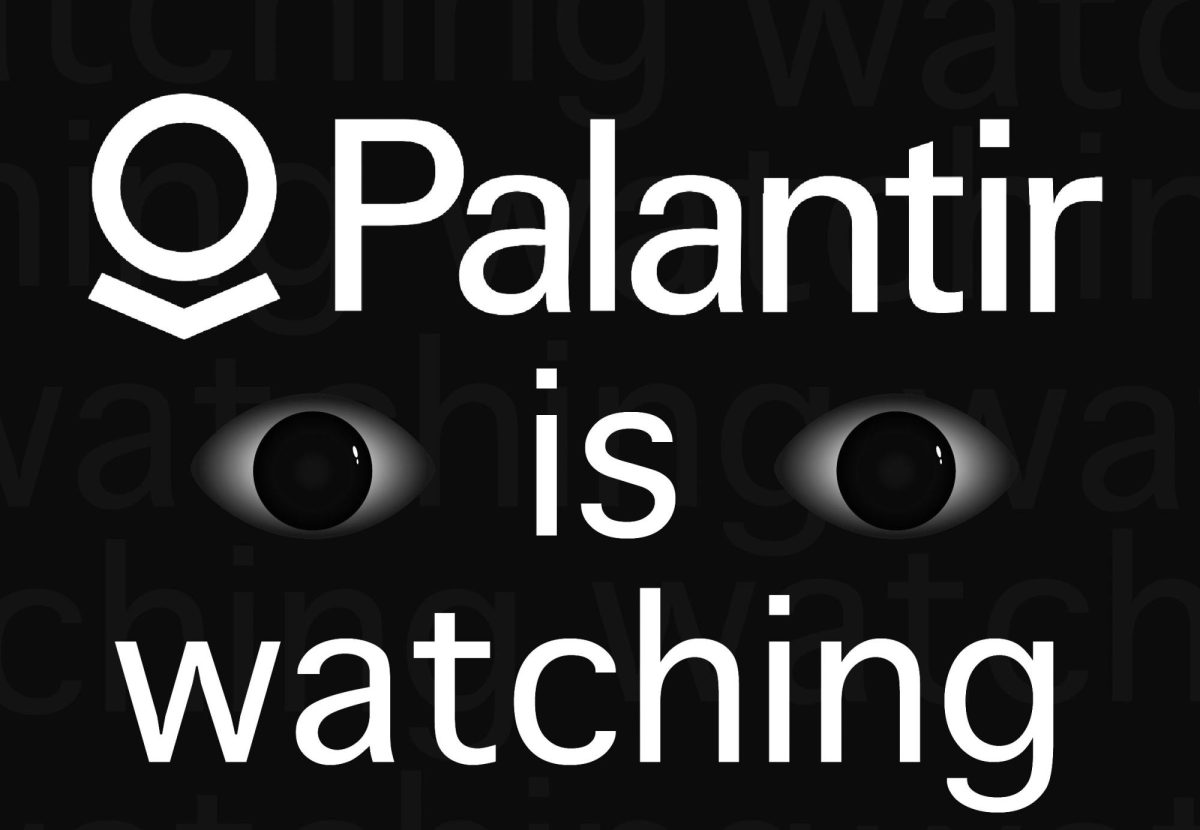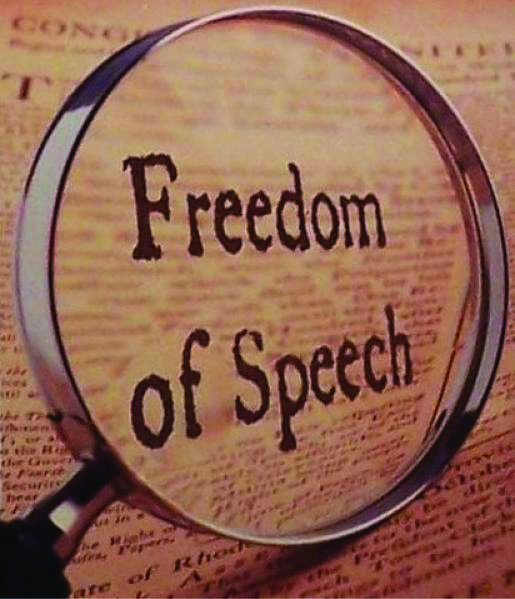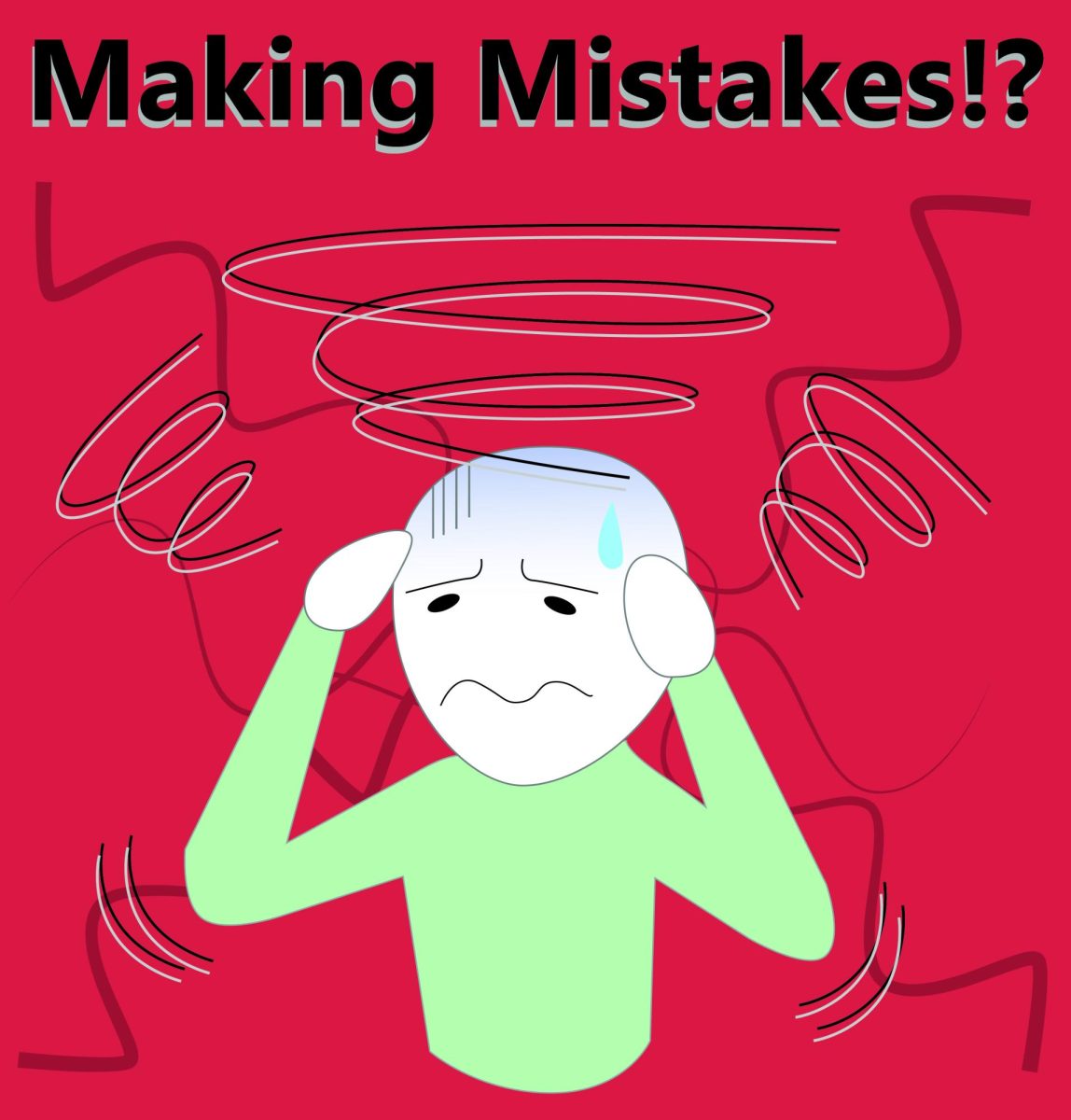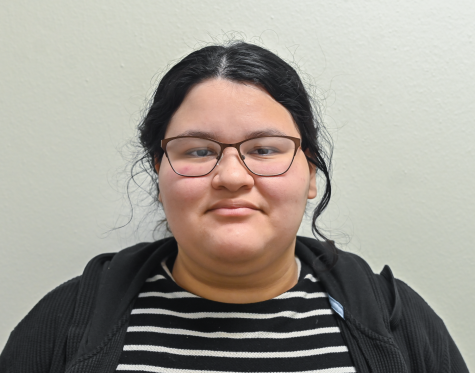It has been weeks since Gaza has come under attack by Israel, and this siege gets more brutal with time. Activists worldwide are coming together to raise awareness for this issue, but a humanitarian concern of this scale requires more grace when being handled than some are affording it.
It is completely irresponsible to use Hamas as a reason to discriminate against Arabs under the label of “terrorists,” just as it is necessary to avoid being anti-semitic when criticizing Israel’s ongoing war crimes. Altogether, we should be condemning the genocide in Gaza, not out of any particular loyalty or because it is easy to talk about, but because ethnic cleansing should not be something we just brush under the rug.
Death tolls are rising in Palestine, and it’s no surprise that a majority of the victims are children; of the nearly 2 million residents in the Gaza Strip, almost half of them are under 18. The bombings have strayed from residential targets of Hamas leaders and have bled into refugee camps like Jabalia in north Gaza. Two of the largest hospitals in the area, Al Ahli Baptist Hospital and Al-Shifa Hospital, have become the targets of both bombings and full-on raids. Israel may say that its intentions are to weed out Hamas militants, but for them to so blatantly consider the innocent lives in these areas to be necessary “collateral damage” is so abhorrent that we must continue to bring awareness to it.
This being said, we must also remember that the ongoing issues in Gaza are not an excuse to begin promoting hatred towards anyone. Activism should not welcome prejudice. The more divide we create as witnesses to this crisis, the less easy it will be to find a resolution to this conflict that can satisfy not only the core issues behind the war but the demands of those involved.
That’s not to say the U.S. government makes it easy to rally for anything, though protests continue to grow in number due to public dissatisfaction with how the U.S. is handling this conflict. The government’s support for Israel’s attacks on Palestine seems unconditional, in terms of both funds and public statements, despite the information about casualties being made so easily accessible via the United Nations and journalists within Gaza itself. Only recently is the U.S. government beginning to ask Israel to ease up on Palestinian civilians – though President Joe Biden believes there is no possibility for a ceasefire on behalf of either party.
Large corporations are also taking sides, which is disheartening. Additionally, the Canary Mission, an organization which investigates and documents individuals who “promote hatred of the USA, Israel and Jews on North American college campuses and beyond,” continues to curate its blacklist of university students and faculty under the guise of calling out those who are anti-semitic. The issue is that many of the names listed in recent days are those of people who are simply showing support for Palestine via rallies. Supporting Palestinians and condemning indiscriminate massacre is not automatically indicative of prejudiced views and acts of violence against Jews, yet the Canary Mission does its best to imply otherwise.
With this social climate, speaking out against Israel is not easy. More importantly, however, it is also not very easy to be Palestinian these days, and I think that is where people need to come together in solidarity. The discourse about Gaza is being muddied with racial tensions, and our focus should be on calling representatives and other government officials or showing up to protests to make our voices heard. Things are taking an incredibly dark turn these days, and we must be willing to speak out for the persecuted, especially when it feels that there are hundreds telling us not to.


